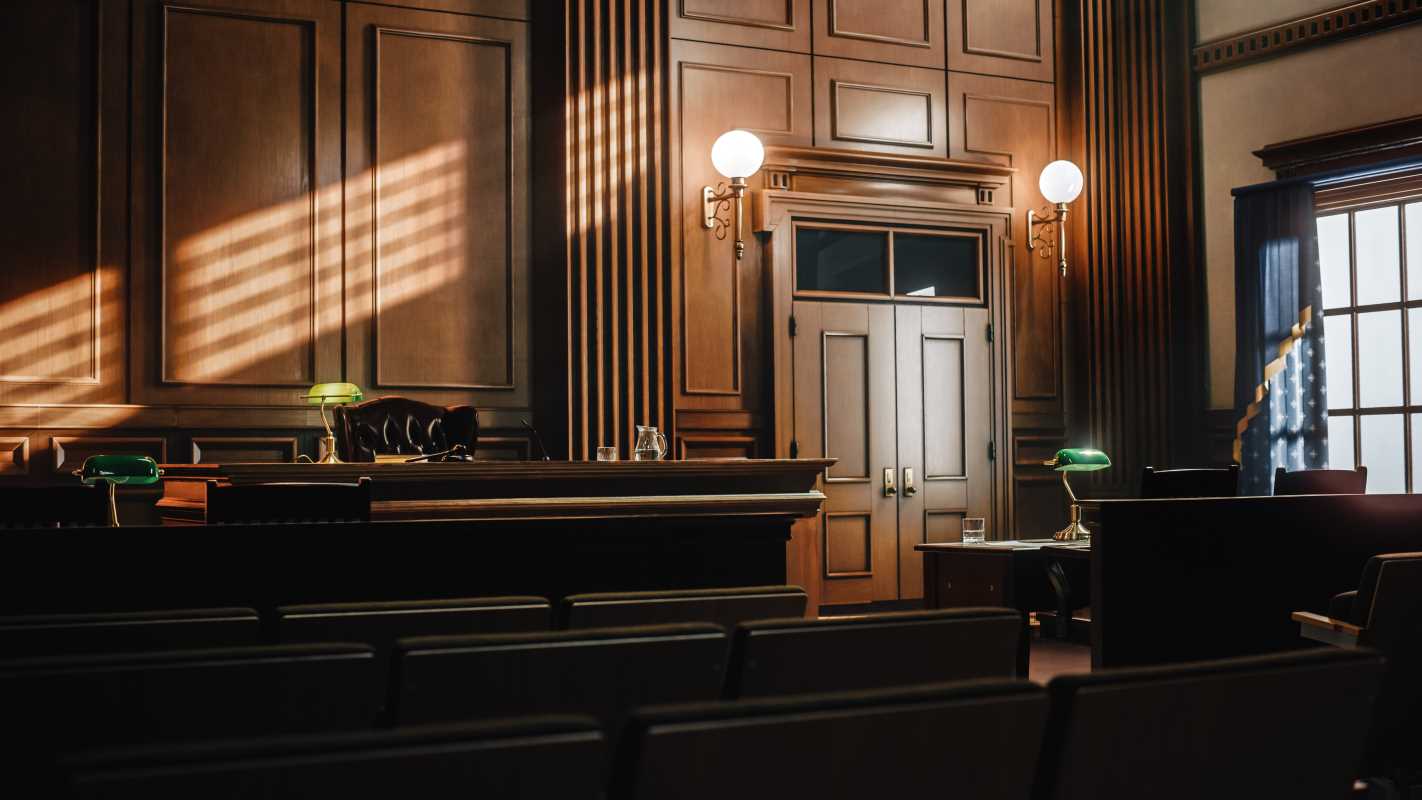The legal system is divided into two primary branches: civil law and criminal law. Understanding the distinction between these two areas is fundamental for anyone looking to navigate legal matters effectively. Civil law governs disputes between individuals or organizations, while criminal law deals with offenses that are considered harmful to society. Let’s explore the unique characteristics of both civil and criminal law to grasp how they function and differ from one another.
Civil Law: Resolving Disputes Between Parties
Civil law primarily deals with legal disputes between private individuals or entities. These disputes often arise from situations like contract breaches, property issues, family matters, and personal injury claims. The purpose of civil law is not to punish the wrongdoer but to resolve the dispute by compensating the injured party.
For instance, in a breach of contract case, the party that suffers harm might seek financial compensation, known as damages, from the party that failed to fulfill their obligations. In family law cases, such as divorce or child custody disputes, civil law aims to provide a fair resolution that serves the best interests of the individuals involved.
Civil cases are initiated by the party who feels wronged, known as the plaintiff. They must prove their claim by presenting evidence to the court. In these cases, the standard of proof is typically "on the balance of probabilities," meaning the plaintiff must show that it is more likely than not that their claim is valid. If the court finds in favor of the plaintiff, the defendant may be ordered to pay compensation, perform specific actions, or refrain from certain behaviors.
Criminal Law: Addressing Offenses Against Society
In contrast to civil law, criminal law deals with offenses that are considered harmful to society as a whole. Crimes such as theft, assault, fraud, and murder fall under criminal law. These acts are viewed not just as offenses against the victim but against the state or the public. Therefore, the government, usually represented by the prosecution, takes on the role of pursuing criminal charges against the accused.
The primary aim of criminal law is to deter criminal behavior and maintain public order by punishing offenders. Sentencing can range from fines to imprisonment, depending on the severity of the crime. For example, someone convicted of theft might face a fine or a prison sentence, while those found guilty of more serious crimes, such as homicide, could receive longer jail terms or even life imprisonment.
One of the fundamental principles in criminal law is that the defendant is presumed innocent until proven guilty. To secure a conviction, the prosecution must prove the defendant’s guilt "beyond a reasonable doubt." This is a much higher standard of proof than in civil cases because the consequences of a criminal conviction—such as imprisonment—are far more severe than in civil law, where financial compensation is often the remedy.
Sentencing and Burden of Proof: Key Differences
One of the significant differences between civil and criminal law lies in the burden of proof and the resulting penalties or outcomes. As mentioned earlier, in civil cases, the plaintiff must prove that their claim is valid based on a preponderance of the evidence—meaning the evidence weighs more in their favor than against. This lower standard reflects the fact that civil cases typically involve financial compensation or other non-punitive outcomes.
In criminal cases, however, the burden of proof is much higher. The prosecution must prove the defendant’s guilt beyond a reasonable doubt, leaving little room for uncertainty. If there is any reasonable doubt as to the defendant’s guilt, they should be acquitted. This standard exists because the consequences of a criminal conviction are often severe, such as imprisonment, heavy fines, or community service.
In civil law, if the defendant is found liable, they will usually be ordered to provide compensation to the plaintiff. In criminal law, the consequences are more focused on punishing the defendant, whether through incarceration, probation, fines, or other forms of penalization.
Legal Representation in Civil and Criminal Cases
The role of legal representation also differs between civil and criminal law. In civil cases, individuals or businesses can choose to represent themselves or hire an attorney to present their case. Legal representation is not a requirement, but it is often advisable, particularly in complex cases where the law can be difficult to navigate.
In criminal law, the stakes are much higher, and defendants have the right to legal representation. If a defendant cannot afford an attorney, the court is required to provide one, ensuring that they receive adequate legal support. This ensures fairness in the justice system, as every defendant, regardless of their financial situation, has the right to a proper defense.
Resolution Processes: Settlements vs. Trials
Civil cases are often resolved through alternative methods such as negotiation or mediation, in which the parties come to a mutual agreement without going to trial. Even once a civil case has begun in court, it can still be settled outside of court if both parties agree to the terms. Settlements are often favorable because they avoid the time, expense, and unpredictability of a trial.
Criminal cases, however, tend to follow a more structured process. After the defendant is charged, they go through arraignment, where they plead guilty or not guilty. If the case proceeds to trial, the prosecution and defense present evidence before a judge or jury, who ultimately determines the verdict. If the defendant is found guilty, they are sentenced according to the severity of the crime.
Understanding the distinction between civil law and criminal law is critical to navigating the legal system. Civil law focuses on resolving disputes between individuals or organizations, often resulting in financial compensation or specific actions, while criminal law addresses offenses against society, with an emphasis on punishment and deterrence. By recognizing the unique characteristics and processes of each, individuals can better advocate for their rights and understand the legal framework within which they must operate. Whether you are facing a civil dispute or criminal charges, understanding the legal processes involved can help ensure a fair and just outcome.
 (Image via
(Image via




